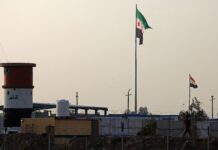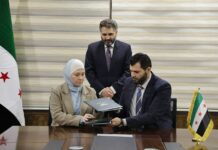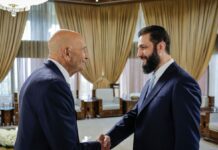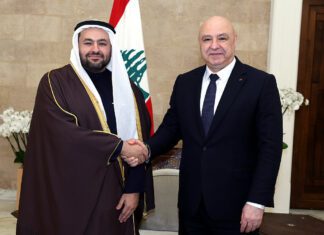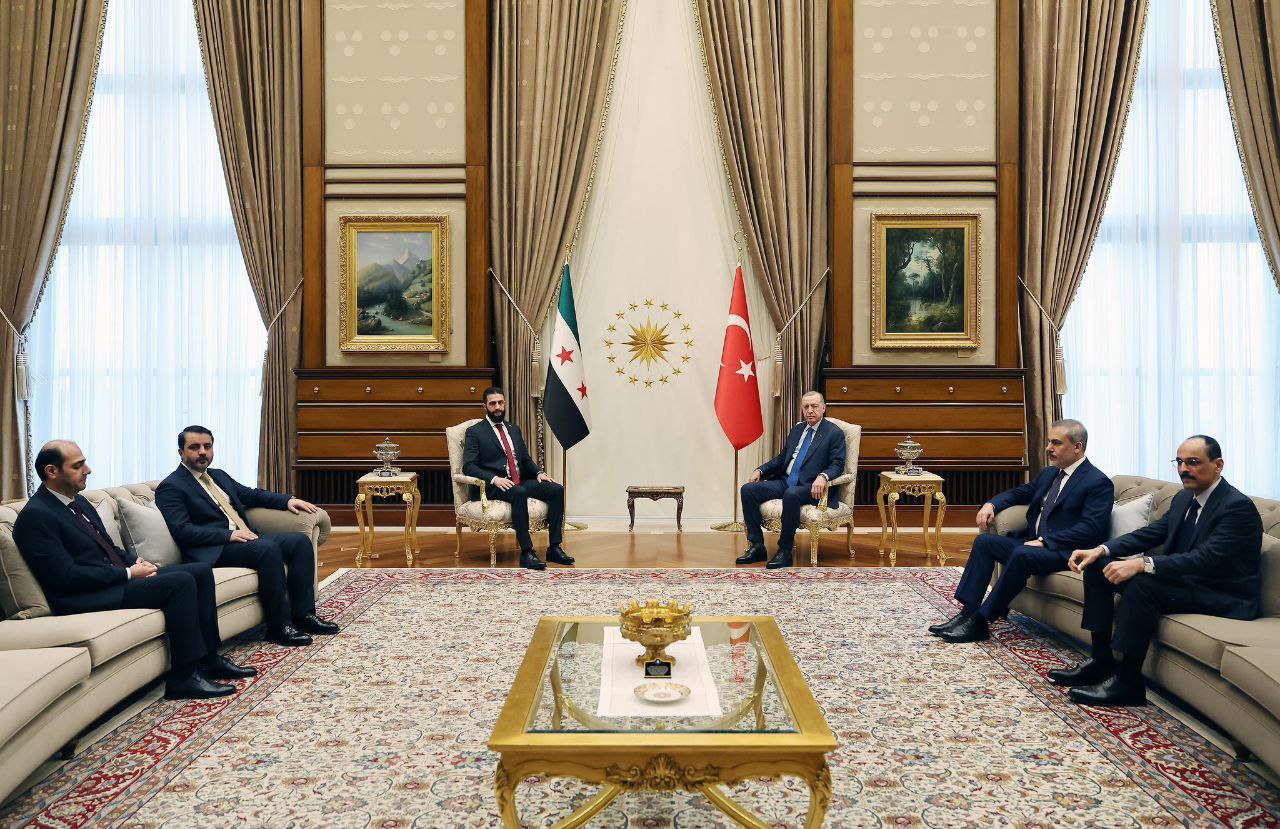
Syrian President Ahmad al-Sharaa arrived in Turkey yesterday, Feb. 4 for a landmark visit, marking the first official trip of a Syrian head of state to Ankara in more than 13 years. The visit, described as “historic” by Turkish President Recep Tayyip Erdogan, signals a significant shift in Syrian-Turkish relations, with both leaders emphasizing security cooperation, economic redevelopment, and regional stability.
Diplomatic Realignment & Security Cooperation
During a joint press conference at the presidential complex, Erdogan reaffirmed Turkey’s commitment to working with Syria to combat terrorism and restore stability. He specifically mentioned efforts to counter the Islamic State organization (ISIS) and the Kurdistan Workers’ Party (PKK), which Turkey, the US, EU, and UN regard as a designated terrorist organization—which retains influence over the US-backed Syrian Democratic Forces (SDF).
“The basis of our policy toward Syria has long been to preserve its territorial integrity and unity,” Erdogan said. “Through solidarity between Syria and Turkey, we will ensure a terrorism-free atmosphere in our shared geography.”
For his part, Al-Sharaa underscored the necessity of lifting Western-imposed sanctions on Syria and addressing Israel’s military incursions into Syrian territory. He reaffirmed Damascus’ commitment to the 1974 disengagement agreement regarding the Golan Heights and called for increased Arab and Islamic world support for Syria’s reconstruction efforts.
Potential Defense Agreement & Military Coordination
The visit comes amid reports that Syria and Turkey are negotiating a joint defense agreement. According to sources cited by Reuters, discussions include Turkey establishing two air bases in central Syria, utilizing Syrian airspace for military operations, and providing training for the newly structured Syrian military.
While the deal remains in the negotiation phase, a Syrian presidential official indicated that Ankara’s role in military training and security cooperation was a key focus of the talks. The potential bases—Tadmur Military Airport and the T-4 Airbase in Homs province—would serve as strategic locations for counterterrorism operations and regional stability.
Sources familiar with the discussions noted that such a defense arrangement could influence the US presence in northeastern Syria. The proposed agreement aims to reassure Washington of a capable security apparatus in Syria while reducing arms smuggling routes and facilitating an eventual American withdrawal.
Economic Recovery & Regional Integration
Beyond security, economic redevelopment featured prominently in the discussions. Both leaders stressed the need for infrastructure rebuilding, trade cooperation, and humanitarian efforts to stabilize Syria and encourage the voluntary return of refugees. Erdogan reaffirmed Turkey’s commitment to supporting reconstruction efforts, highlighting that sanctions remain a major obstacle to Syria’s economic revival.
“We did not leave our Syrian brothers alone in difficult times, and we will provide them with the necessary support in this new phase as well,” Erdogan said.
Turkey, which recently reopened its embassy in Damascus and resumed flights to Syria, has been engaging in diplomatic efforts to integrate Syria back into regional and international frameworks. Erdogan expressed confidence that relations between Damascus and Ankara would deepen, with plans for increased official visits and collaboration in trade, energy, and civil aviation.
A New Chapter in Syrian-Turkish Relations
Al-Sharaa’s visit follows his earlier trip to Saudi Arabia, signaling an active diplomatic outreach strategy aimed at consolidating Syria’s position in the region. During his visit to Ankara, Al-Sharaa extended an invitation for Erdogan to visit Syria, reinforcing the commitment to continued dialogue and cooperation.
With both leaders emphasizing a shift from past hostilities toward a strategic partnership, the visit marks a turning point in Syrian-Turkish relations. Erdogan framed it as “the beginning of a phase of friendship and permanent cooperation,” while Al-Sharaa highlighted the long-standing historical and geographic ties between the two nations.

